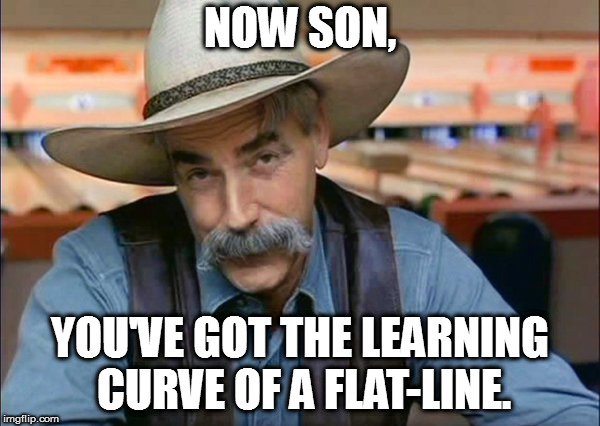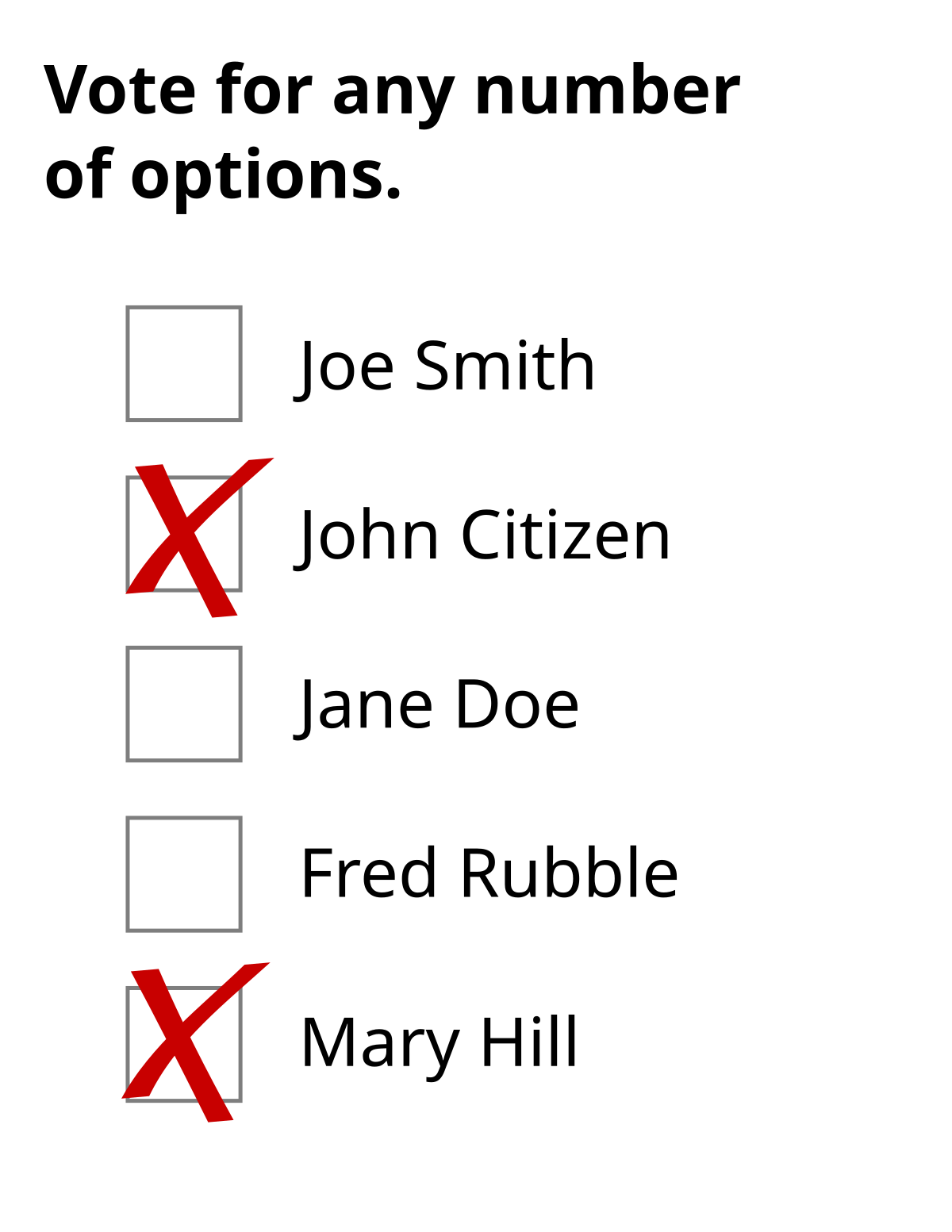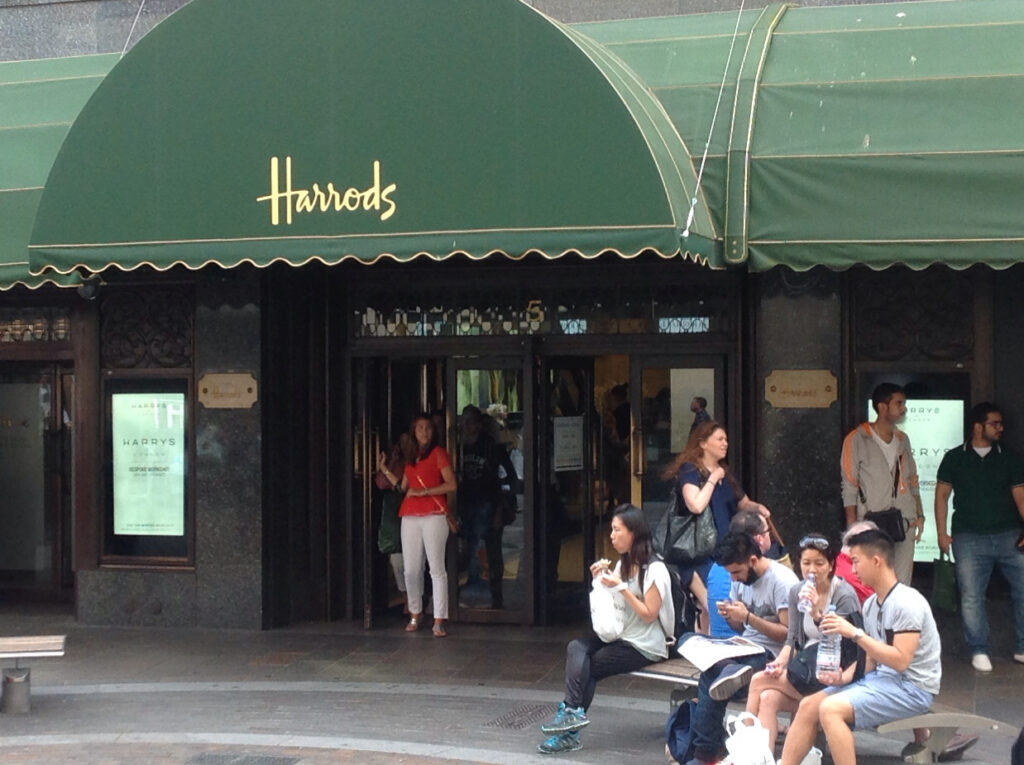Another giant has passed. Jeff Beck is dead. Beck was a musicians’ musician, and a guitarists’ guitarist. He looked away from superstardom, instead following his artistic instincts again and again to make immensely original music throughout his career. He invented the template that became Led Zeppelin, he blended fusion jazz with rock, and probably a lot more I don’t know about.
He played with his fingers (no pick), and was one of the most expressive guitarists ever (as you’ll hear in the links). His control of tone was untouched, and was likely the best pitch bender (through both strings and whammy bar) ever, casually moving notes through enormous intervals to clean landings.
Rick Beato is required viewing for all music lovers. Here is Rick on why Jeff Beck is uncopyable. Oh, he posted a tribute video yesterday.
I was fortunate enough to see him twice. Each song was always played just a bit different, his control of phrasing and feel led to variations each time. Here is a sampling of my favorite tracks.
A Day in the Life: He closed all his shows with this cover of the Beatles best song. How expressive can one guitarist be? How can he capture the feel of an entire orchestra with just a few notes? It’s worth searching for live versions, because each one is just a little different.
Amazing Grace
Yes, Jeff Beck was incredible at interpreting the works of others.
Hall of the Mountain King / Bolero and Becks’ Bolero. That’s Keith Moon yelling at 4:05. This is the kind of treatment Jimmy Page took on with Led Zeppelin. He tried to draft Keith Moon and John Entwistle for his band. They did not accept. Keith Moon said the whole idea would go over like a lead balloon and the rest is history. Update: Just learned that Beck’s Bolero was written by Jimmy Page.
People Get Ready (with Rod Stewart). Love the modulation at the end. Here’s a more soulful live version.
Freeway Jam. You could pick almost any track from this seminal album.
Rock n’ Roll Jelly (with Stanley Clarke)
Jeff Beck, by Lewis Shiner. This short story struck me before I really knew who Jeff Beck was. A wish fulfillment story of a casual musicians who just wants to feel music like Jeff Beck.
A sad day for all music lovers.












